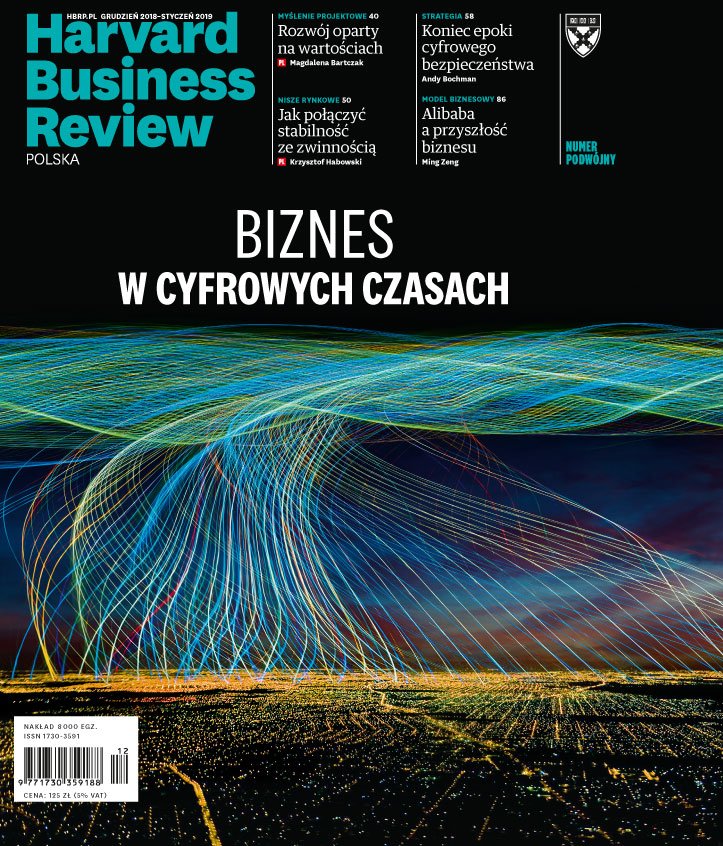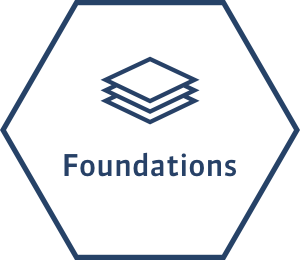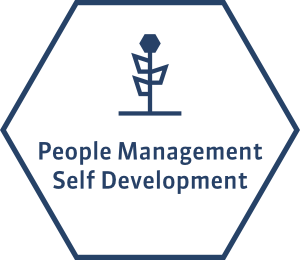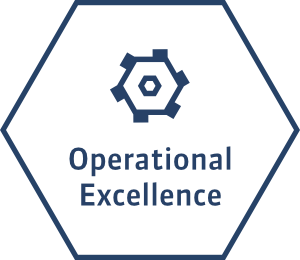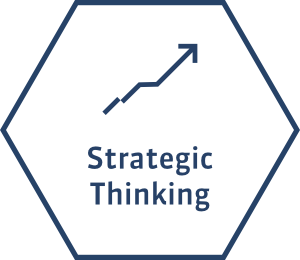Supporting others requires courage and openness
Prestigious magazine for managers – Harvard Business Review Polska – in its last issue (December 2018 – January 2019) published a conversation with dr Barbara Stepnowska, director of the MBA programme at the Faculty of Management and Economics of PG. In the interview, Ms. Stepnowska talks about the benefits of various experiences.
What trends do you identify in the area of women’s career development in Poland?
Today’s women are highly educated. Female leaders of the recent years differ significantly from their predecessors of three decades ago. They are open to the world, not afraid to take up challenges, show creativity, ambition, have a hunger for knowledge and constantly work on improving their qualifications.
I am the director of the MBA programme at the Gdańsk University of Technology. It is attended by about 25% of women (a percentage similar to the world average). Although there are still few female managers participating in such programmes, I can say with full conviction that those who have taken up studies are the true leaders. These women impress me with their incredible determination, entrepreneurship and curiosity. Many of them have created well-functioning enterprises.
Socio-economic changes provide better conditions for the development of women. However, it is still men who run the largest companies in the world. Only 25 women are at the forefront of the Fortune 500 companies.
Then what are the reasons for the barriers faced by female leaders?
Cultural factors are among the barriers. People occupying the most important organizational positions are often attributed features considered to be typically masculine, such as decisiveness or willingness to take risks. Some leaders still mistakenly assume that women in top positions may not perform well. These prejudices are so deeply rooted in our culture that female leaders sometimes start to believe in them and are reluctant to apply for top positions. Therefore, it is worth convincing them that this is not a race for power, but rather bringing value to the company, broadening its opportunities and prospects for development.
What is the role of mentoring in career development?
Relationships based on sharing knowledge and experience bring numerous benefits to both parties. Both the mentor and the mentee benefit from such exchange. The mentee leaves the comfort zone, becomes bolder and the mentor broadens the perspective. However, in order for this relationship to bring measurable benefits to both sides, it should be based upon partnership. It is extremely important that not only female leaders are involved in supporting women in business. Men have a great value in this process as well. The exchange of experience between men and women builds value throughout the company. It is worth drawing on a variety of experiences not only from people with greater work experience, but also from peers whose professional career has been different, as well as from younger people with a fresh perspective on a given issue. I consult not only my superiors but also my co-workers on my MBA development ideas. Individuals who have different insights can make valuable remarks to the project development process. They do not let us become stagnant.
What are the challenges of promoting mentoring in organisations?
Some may not want to share knowledge with others. They assume that if they have spent a lot of time themselves to reach a certain stage, so why should they make this path easier for others? Meanwhile, experience shows that everyone benefits from sharing knowledge. I mentioned earlier that supporting women should not only be the responsibility of women leaders, but also that of men. In connection with the Me Too movement, some men avoid supporting women in organisations because they are afraid of potential accusations of inappropriate behaviour. However, I hope that there are few such cases and that companies will soon be able to boast of diversity in the full sense of this word. Supporting others requires courage and allows you to open up to another person.
What experience do you have with mentoring?
Before I became director of the MBA programme at the Gdansk University of Technology, I had been a manager at GE Money Bank for eight years. I was supported by more experienced co-workers, although we did not call it mentoring at the time. Thanks to their help I developed skills in the field of quality management, I got to know Six Sigma and Lean Management methods. Additionally, I became more self-confident and determined. I understood that you can make mistakes, draw conclusions and ultimately learn a lot.
Barbara Stepnowska PhD, Article from Harvard Business Review Polska, no. 190-191 (December 2018 – January 2019).


